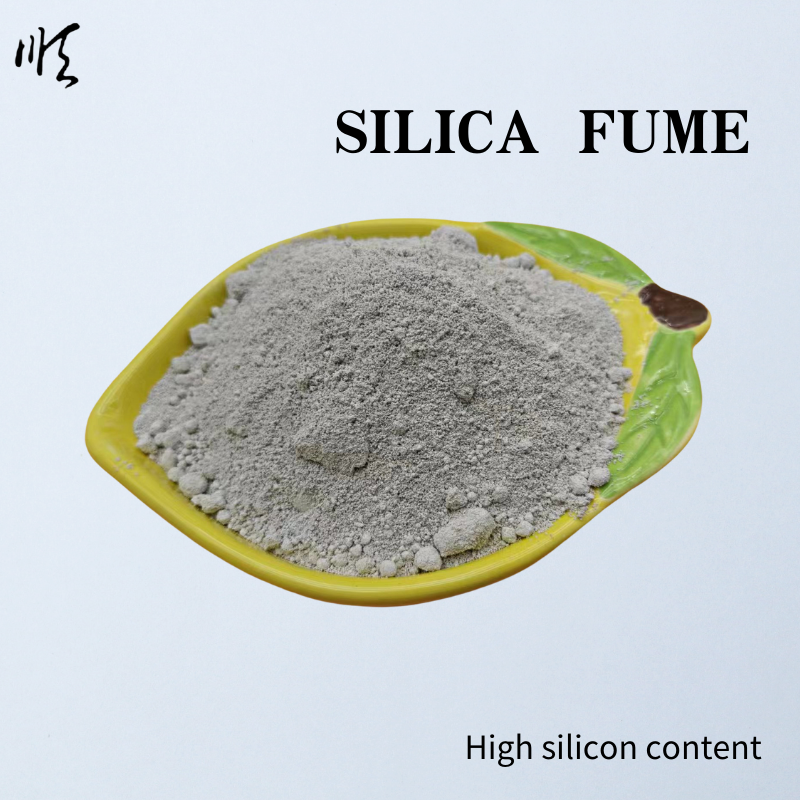Bentonite is a clay that is available as a supplement. The primary ingredient in bentonite is hydrated aluminum silicate. Other nutrients in bentonite include calcium, magnesium, and iron, the composition of which varies according to the geographical location in which it is found.
Once in the body, bentonite easily absorbs water. It remains in the digestive tract and is believed to bind and inactivate toxins and promote their excretion.1
Alternate Names: Bentonite clay, montmorillonite
Uses
In alternative medicine, bentonite is used for the following purposes:
- Detoxification (removal of toxic substances)
- To improve constipation (bowel movements that are infrequent and/or difficult to pass)
- To improve irritable bowel syndrome (IBS, a disorder of the large intestine)
- To help with bloating and gas
A large double-blind (a study in which information about the drug is withheld from both the researcher and participant), placebo-controlled study examined the use of bentonite clay in people with irritable bowel syndrome. It found that bentonite worked best for people with constipation-predominant IBS.2
People taking the bentonite clay experienced a significant improvement in abdominal discomfort and pain vs. those getting a placebo (a drug having no active properties). Bentonite users also reported significantly better symptom reduction and treatment efficacy. However, this study has not been replicated, meaning the same findings have not been reproduced in other studies.
Bentonite is available in liquid or powder form. It is a popular ingredient in colon-cleansing products.
Manufacturers Supply Micro Silica Powder Construction Chemical Electronic Medicine Special
Caveats
Bentonite should be taken with plenty of water to avoid intestinal obstruction or constipation.
Pregnant or nursing women and older adults should avoid bentonite. Bentonite should not be taken two hours before or after medication or nutritional supplements.
Although there haven't been adverse effects in amounts used in nutritional supplements, there are no studies on the long-term safety of bentonite in humans.
It's important to keep in mind that supplements haven't been tested for safety, and dietary supplements in general are largely unregulated. In some cases, the product may deliver doses that differ from the specified amount for each herb. In other cases, the product may be contaminated with other substances, such as metals, including lead.3
Also, the safety of supplements in pregnant women, nursing mothers, children, and those with medical conditions or who are taking medications has not been established.
Using Bentonite for Health
Due to the limited research, it's too soon to recommend bentonite as a treatment for any condition. It's also important to note that self-treating a condition and avoiding or delaying standard care may have serious consequences. If you're considering using bentonite for any health purpose, be sure to consult your physician first.








